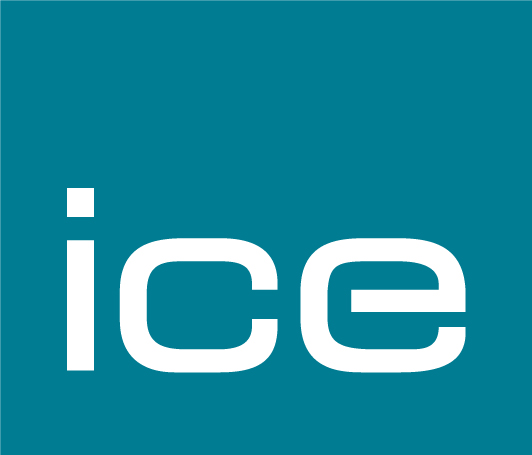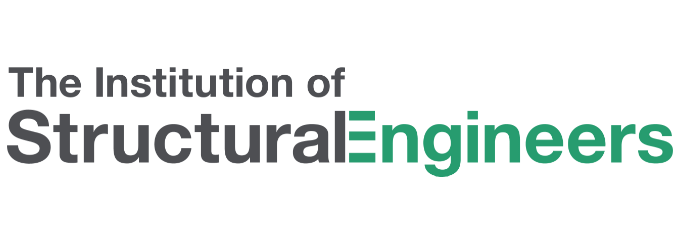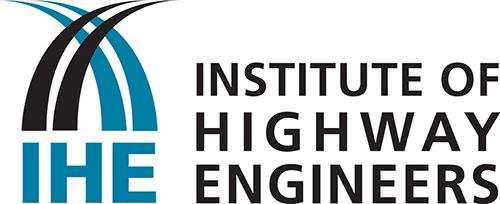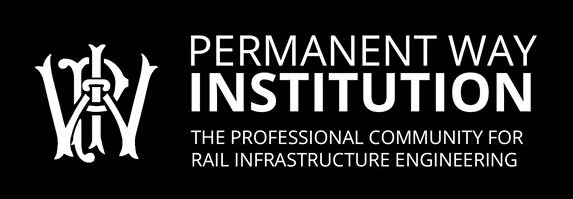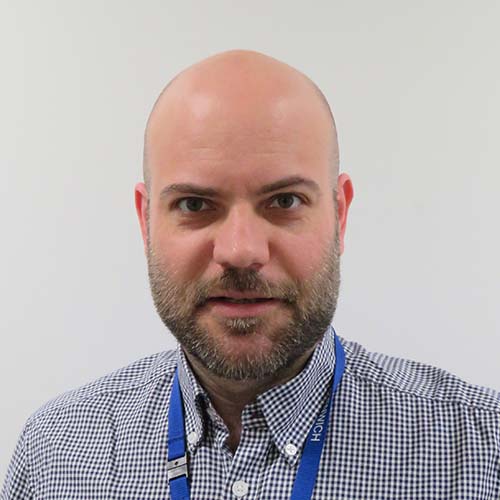Civil Engineering with Industrial Practice, MSc
This MSc in Civil Engineering with Industrial Practice is ideal for graduates looking to advance their career prospects in engineering and the construction industry.
This two-year civil engineering master's programme combines the technical level and skills of an accredited Master’s degree, with further enhancement of employability skills and the opportunity to gain a whole year of work based learning and industrial experience. The academic course is aimed at engineering and technology graduates who would like to top-up their qualifications and continue to the next steps to becoming a Chartered Engineer.
You will further develop your specialist knowledge by interacting with our research-active subject experts, discover more about design and management issues that arise in civil engineering and construction and get your own critical insight through your independent research project, so that you can meet the needs and the future challenges of the industry.
In addition, the Industrial practice part of the programme offers a practical career development support: You get the opportunity to interact with professional development advisors, peer mentors and employers in training sessions and networking events, which allows you to further develop your professional skills, so to pursue the opportunity of a one-year internship with an related employer in the field.
This degree is accredited by the Joint Board of Moderators (JBM) comprising of the Institution of Civil Engineers, Institution of Structural Engineers, Institute of Highway Engineers, the Chartered Institution of Highways and Transportation and the Permanent Way Institution on behalf of the Engineering Council as meeting the academic requirement for Further Learning for registration as a Chartered Engineer (CEng). To hold accredited qualifications for CEng registration, candidates must also hold a Bachelor (Hons) degree that has been accredited as partially meeting the academic requirement for registration as a Chartered Engineer (CEng).
See JBM's website for further information.
This programme has been designed for the International Market.
School
Location
Duration
2 years sandwich
Start month
September; January
Fees information
For fee information related to this course, please see fees section below
What you should know about this course
What you will study
Year 1
Students are required to study the following compulsory modules.
- Individual Research Project (60 credits)
- Research, Planning and Communication (15 credits)
- Academic English for Postgraduates (Engineering)
Students are required to choose 45 credits from this list of options.
- Analysis and Design for Seismic Action (15 credits)
- Principles of Management for Civil Engineering. (15 credits)
- Advanced Materials Engineering for Construction (15 credits)
- Finite Element Methods in Civil Engineering (15 credits)
- Information Technologies for Environmental Engineering (15 credits)
Students are required to choose 60 credits from this list of options.
- Highway Engineering (15 credits)
- Analysis and Management of Risk in Civil Engineering (15 credits)
- Hydrosystems Engineering and Management (15 credits)
- Water and Wastewater Engineering (15 credits)
- Advanced Geotechnical Engineering (15 credits)
Year 2
Students are required to study the following compulsory modules.
- Individual Research Project (continued)
- Industrial Practice (60 credits)
About the course team
Core lectures are delivered by members of the School of Engineering who are specialists in their respective fields. Guest speakers from industrialists or renowned researchers are often included to bring additional perspectives from industry or research and keep you updated with the latest international standards in your discipline.
Come and meet us
We are offering virtual events so that you can still experience how Greenwich could be the right university for you.
Next Open Days
Got a question?
To find out more about our Open Days and Campus Tours or if you need any assistance, please email opendays@gre.ac.uk.
Entry requirements
Applicants should have:
An appropriate degree in civil engineering (2.2 or above) or an equivalent qualification.
- Applicants with a BSc Civil Engineering (IEng) will also be considered.
- You may also be considered if you do not have a first degree but have professional incorporated and vocational experience (e.g. incorporated engineer status) and demonstrate the potential to succeed on the course.
For more information, use our contact form or call us on 020 8331 9000.
You can also read our admissions policy.
Available to overseas students?
Yes
Can I use Prior Learning?
Find out more on our Recognition of Prior Learning pages.
How you will learn
Teaching
We use different teaching approaches to give you a varied experience. This includes lectures, interactive paper-led discussions and exercises to encourage creative thinking.
Our taught modules are informed by research. The theory of each topic is accompanied by practical elements covering paper-based, computer-based and hands-on building type challenges.
See full details of our syllabus above.
Class sizes
For specialist modules, our classes are usually limited to 20 students in lab sessions and 40 in lectures. This helps to create familiarity between students and staff and ensure a great learning experience. The modules that run across several courses can have larger classes sizes, which are typically broken down into smaller groups.
Independent learning
Our courses are designed to give you the space for exploratory and independent study. You'll work towards individual and group assignments and undertake the preparation/follow-up work associated with lectures, seminars, integrative assignments and laboratory classes.
We encourage students to take advantage of a range of related extra-curricular opportunities available within the university and elsewhere.
Overall workload
If you are studying full-time, you should expect the workload to be similar to a full-time job. For part-time students, this will reduce in proportion with the number of courses you are studying.
Assessment
Students will be assessed through a variety of methods, such as:
- Classroom presentations, discussions and case-studies
- Critical reviews, looking at new areas of research
- Examinations.
Feedback summary
University policy is to give feedback on assignments within 15 working days of the coursework submission date.
Examination results will be available within 28 days.
Dates and timetables
Each academic year runs from September to June. You can begin the course in September or January.
Full teaching timetables are not usually available until term has started. For any queries, please call 020 8331 9000.
Fees and funding
Your time at university should be enjoyable, rewarding, and free of unnecessary stress. Planning your finances before you come to university can help to reduce financial concerns. We can offer advice on living costs and budgeting, as well as on awards, allowances and loans.
| Full time | Part time | Distance learning | |
|---|---|---|---|
| Home | £16,550 | N/A | N/A |
| International | £21,000 | N/A | N/A |
Accommodation costs
Whether you choose to live in halls of residence or rent privately, we can help you find what you're looking for. University accommodation is available from £126.35 per person per week (bills included), depending on your location and preferences. If you require more space or facilities, these options are available at a slightly higher cost.
Funding your study
There is a range of financial support options available to support your studies, including the Aspire@Greenwich award for study resources that many full-time students will receive.
EU students may be eligible for a bursary to support their study. View our EU bursary to find out more.
Discover more about grants, student loans, bursaries and scholarships. We also provide advice and support on budgeting, money management and financial hardship.
Careers and placements
Will I have a work placement?
The industrial placement is an opportunity to put into practice the knowledge and experience you gain during your first year on the programme. You will engage with current industrial systems, processes, and practices, which contribute to your professional development in the engineering sector.
How long is my placement?
An industrial practice placement should typically last 11 months, with a maximum of 48 weeks, and a minimum of 35 weeks (only if required by the student placement search process).
Mentors
A workplace mentor supports you during your placement, helping you to set objectives and goals, and ensuring you receive appropriate training.
You will also be allocated an academic mentor who monitors your written work. The academic mentor will engage with you to ensure your placement is running smoothly.
What sort of careers do graduates pursue?
Civil engineering graduates can join world-class engineering consultants, contractors and clients with established, accredited training programmes and continuing professional development opportunities worldwide.
Do you provide employability services?
As well as support from the Faculty of Engineering and Science Placements Team, the University partners with an organisation that specialises in guiding students to secure an industrial practice placement. However, it is ultimately the student’s responsibility to secure an appropriate placement. This could be with a local or international employer in a relevant industrial sector.
If a placement is not secured, it is still possible to graduate with an MSc without the endorsement of Industrial Practice.
Support and advice
Academic skills and study support
The course leader has the overall responsibility for your course and will be your first point of contact.
We also allocate you a personal tutor, who you meet soon after you join the department. Their role is to support your personal and academic development and act as your point of contact for queries or problems. Workplace mentors are also allocated in the second year.
Support from the department
We help new students over the first few weeks with our faculty and department induction. This covers the first week of term 1 (September) and term 2 (January). We'll also help you discover the academic and social landscape at Medway Campus.
Not quite what you were looking for?
We've got plenty of other courses for you to choose from. Browse our postgraduate courses or check our related courses below.....
Civil engineering at the University of Greenwich
Discover pioneering approaches in specialist laboratory facilities on our Medway Campus, where you will use the latest surveying equipment and learn how to apply them in real-world scenarios.
Visit our civil engineering degrees page.
Civil engineering degrees
Studying engineering at the University of Greenwich
Gain a solid foundation in all aspects of engineering in specialist labs on our Medway Campus and choose the area you want to specialise in later in your studies.
Visit our engineering degrees page.
Engineering subjects
Chemical engineering degrees
Study in specialist laboratory facilities at our Medway Campus where you’ll gain the skills and knowledge you need to become a professional chemical engineer, using the latest equipment and simulation software.
Civil engineering degrees
Discover pioneering approaches in specialist laboratory facilities on our Medway Campus, where you will use the latest surveying equipment and learn how to apply them in real-world scenarios.
Computer engineering and cybernetics degrees
These pioneering degrees combine technical engineering with an impressive depth of computer theory. You'll gain the specialist knowledge and skills needed to work in this cutting-edge industry.
Construction degrees
Our range of courses, some of which are professionally accredited, will give you the skills and knowledge you need to start, or develop, your career.
Electrical and electronic engineering degrees
Learn how to make the world a better, more connected place. You will study in specialist lab facilities on our Medway Campus and benefit from our close ties with engineering companies such as BAE Systems and Ford.
Engineering management degrees
Combine solid technical skills in engineering with business enterprise management skills. Studying on our Medway Campus, you will benefit from specialist and integrated lab facilities.
Engineering technology degrees
Learn how to apply engineering to a range of real-world problems. Studying on our Medway Campus, you will develop the skills and knowledge you need to drive changes in product design using the latest technological advances.
Mechanical engineering degrees
This is one of the broadest areas of engineering. You will learn about the design, construction and operation of mechanical systems. Studying at our Medway Campus, you’ll benefit from our strong links with local industry.
Mode of study
Select from the dropdown below.
| Course level | |
| UCAS code | |
| Duration | |
| Location |
